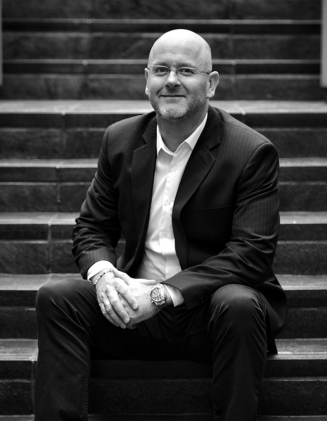by Alan Shannon, Nedbank Executive of Small Business Services and Private Clients
Small- and medium-sized enterprises (SMEs) are under immense pressure in a tough economic landscape. Considering their substantial role in driving economic growth and job creation, there is now a heightened focus on their survival and growth. According to the International Council for Small Business (ICSB), SMEs account for 90% of all businesses worldwide, and 50% of employment. In South Africa SMEs employ more than 60% of the workforce, but their growth has been hampered by all-too-frequent power cuts and the devastating economic impact of load-shedding. Beyond traditional funding, SMEs now need ‘greener’ funding models as a matter of urgency. Therefore, South Africa’s banking sector must rise to the challenge of enabling SMEs who are struggling to continue their operations and keep the lights on.
‘The incredible importance of SMEs and their need for sustainable energy solutions cannot be emphasised enough. As a result, we’ve taken significant steps towards financing SME solar-energy systems – a business imperative that grows daily with the onslaught of sustained and continuous load-shedding. There is now an opportunity to address the economic constraints of business while also laying the foundation for a sustainable environmental future’, says Alan Shannon, Nedbank Executive of Small Business Services and Private Clients.
Nedbank’s initiatives for sustainable development finance align with the United Nations’ Sustainability Development Goals (SDGs), which offer a clear roadmap for transforming society within environmental constraints. One of the most significant contributions a bank can make to the sustainable development agenda is through its commercial offerings. Nedbank has created innovative products and services, specifically finance and investment solutions, that enable clients to achieve their desired business outcomes while contributing to national development priorities by delivering on the SDGs. The aim is to support SME business growth while driving a new era of green technologies. The mission fits into long-term climate change mitigation goals while addressing the current and pressing economic challenge faced by every business owner.
According to Shannon, ‘Clean energy solutions are the way forward and the affordable financing of these solutions must be prioritised. Business owners need to maintain profitability while facing the challenge of the rising cost of electricity, and the impact of power interruptions on their operations and their ability to maintain production, service delivery and working conditions.’
Nedbank offers various finance options to SMEs for solar energy solutions in the form of both medium- and long-terms loans. Loans for these sustainable solutions are flexible and can be repaid annually, semi-annually or monthly for up to 10 years, depending on the cash flow nuances related to the respective businesses requiring funding. Capital can be sourced from existing client facilities or ring-fenced for the specific purpose of renewable-energy funding. The objective is to keep businesses powered up through load-shedding while saving money in the long run through the benefit of ‘free’ electricity after repayment.
This free or surplus electricity can be set off to the grid, depending on local municipality regulations, resulting in cost reduction. It enables companies to maintain income generation for both the company and the employees and maintain employment standards by keeping the doors open and operations running. Funding for a range of energy solutions, from solar power panels, wind turbines and hydro-electric equipment, is covered in Nedbank’s offering.
The costs associated with the lending solution can easily be identified for accounting and tax purposes. No deposits are needed, but a VAT refund on the equipment being purchased may be used to reduce the loan amount. Accessing an existing bond within which equity exists is another effective mechanism to fund the purchase of a sustainable energy solution. Ultimately, the bank offers payment terms to suit their client’s cash flow requirements with competitive pricing. The equipment helps businesses to mitigate the consequences high electricity costs and power interruptions have on their business operations and bottom line. The choice of going green may have been ushered in by necessity but the benefits in the long term are immense.


